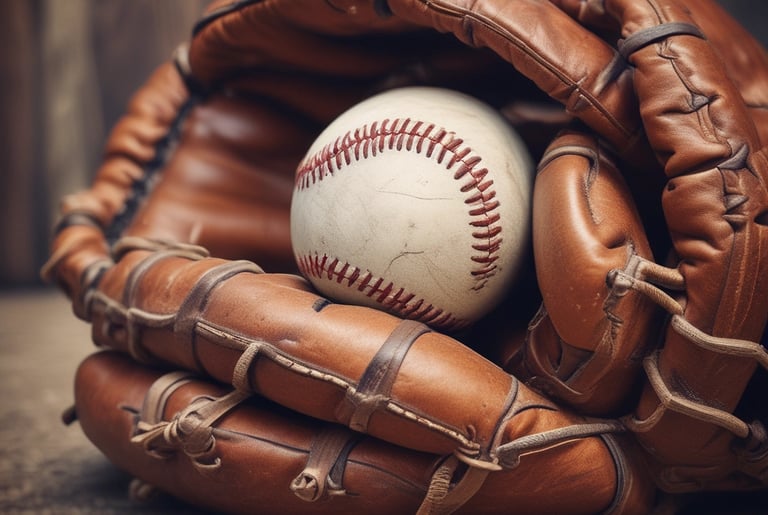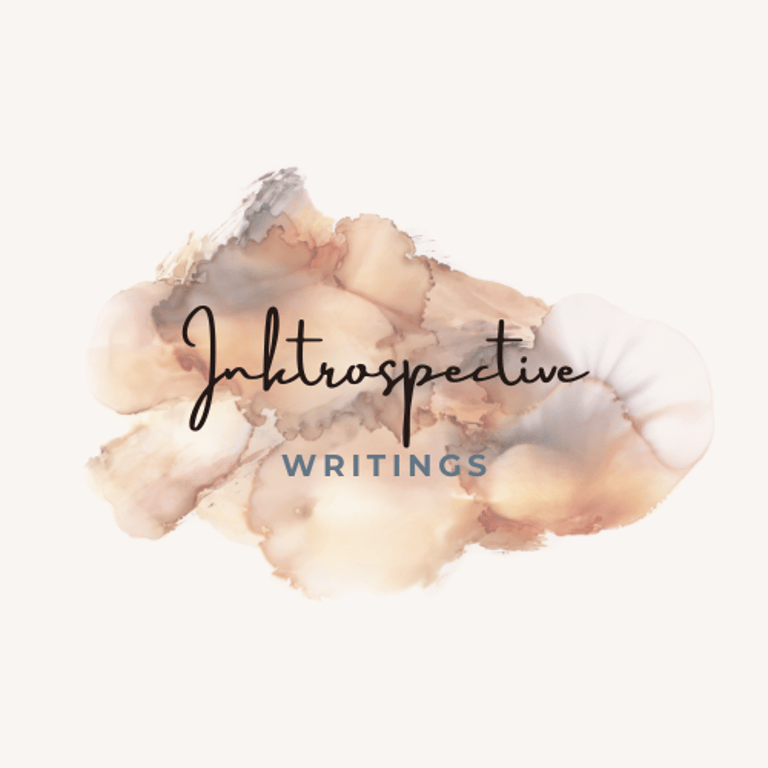What's in a name? As it turns out, quite a bit.
What if parents could change their child's name when they became teenagers? How about a dog they've had for several years? How much of your identity is tied up in a name?
COMMENTARY


Tradition. Family. Memories. Loyalty. Hope.
These are just a few words that come to mind when I think of professional baseball. They are intertwined with the history of Cleveland, Ohio, and the Cleveland Indians Organization and are embedded in the souls of many Northeast Ohioans.
Like many others, I'm just an average person who has loved baseball since I was a kid. I grew up watching The Indians on TV or listening to Herb Score announcing the games on the radio with my dad. A time when they were...well, let's face it. Crappy. I attended games when they played at both The Muni and Jacobs/Progressive Field. My husband and I took our children to many Indian games throughout their childhood, often in blistering heat or bone-chilling cold. There is a smattering of photos in our family albums of them wearing Indians gear. Our son's first complete sentence was "C'mon, Sandy, win!" during the '97 World Series. We sometimes traveled to other states to see them play as a "vacation" and even visited Toronto once to see a game. We were in line at dawn to get tickets when the games were sell-outs all those years. My husband and I took our parents to the games. I was there (on my birthday) when August 5th turned into August 6th for the Greatest Comeback against the Seattle Mariners, and I admit, I cried.
Attending a game was always a privilege, as you never regretted spending your hard-earned money, and the atmosphere was always family-friendly. There was a synergy in every crowd, so anchored in positive energy that it almost felt like it had the collective power to will the team to victory. For a few hours, there was no notice of color, religion, age, sex, or creed—no financial or social divides, just pure love of the game shared by all in attendance.
It was disappointing to see the Cleveland Indians organization succumb to an invisible mob mentality, propagated by a false agenda with an ulterior motive, and change the team name to The Cleveland Guardians. Their decision did not represent a genuine demonstration of advocacy for Native Americans but a flimsy marketing ploy to rebrand themselves and pimp their new wares.
When was there a time in the team's history that the organization did anything to improve the lives of impoverished native Americans, now allocated to living on reservations and working in bankers' casinos as slaves? Changing the team name is an empty gesture that changes nothing in their lives. Many of us see it for precisely what it is: a big corporate entity that has been making dirty dollars on the backs of the working class for years now, switching its tactics to do more of the same in the guise of being a savior to poor Indigenous peoples. This organization profited off of the Indian's name and the working class for years, decades.
Furthermore, this empty gesture undermines the accomplishments of exceptional individuals like Dr. Martin Luther King Jr., Jackie Robinson, Satchel Paige, and Larry Doby. It aims to misdirect individuals from learning about the real adversity faced by those who have struggled against bigotry and injustice, yet have endured and changed the world for the better. These people took a stand in the face of adversity, with everything to lose, with grace and dignity. To accommodate these bullying faux advocacy groups who do nothing but cause division among those who should be united and alienate people from one another is truly a disgrace and is damaging on a broad social scale. It is a blatant disrespect to people who have spent their money over the years, believing in something they thought might be bigger than themselves, to those who try to live peacefully and look forward to something positive in life, such as a baseball game.
The most painful irony of the name change is that the team was initially renamed from "The Cleveland Spiders" to "The Cleveland Indians" to honor a Native American team member at the time. Somehow, the Cleveland Indians managed to tarnish something honorable and emerge as the hero. The Indian's name stood for bravery, fierce people, warriors, and fighters loyal to their families and tribes. Northeast Ohio is rich in Native American history, and I could identify with that. Is there no joy that the elitist won't steal?
I don't whine about it in public, troll social media platforms, state my case or threaten to burn my gear in the street. That only results in being branded as "butt hurt" (a popular term that the herd mentality often uses to describe people who disagree with their stance). You may not usually hear from us, but we are taking a stand. We no longer buy game tickets; neither do we buy beer and hot dogs, nor take our families to eat after a game. We don't buy hats, t-shirts or jerseys. We don't pay for the fancy TV streaming to watch the games. We no longer watch or listen to the games at all.
We want the Cleveland Guardians organization to know they took more than a name. They took away the hope of our parents, who grow older by the day, of ever seeing the Indians win a World Series. You have erased history. The record books all say "The Cleveland Guardians" now, as if the Indians never existed. But we still exist. And we're taking a stand by attacking the only thing that matters to you: your corporate pocketbook.
So, some might ask, "What's in a name?" I say A LOT.
Note: This article is based on a survey the Cleveland Indians Organization sent me during the COVID-19 outbreak, before the team officially changed its name to The Cleveland Guardians in 2021. The Indians organization never responded to my comment in the survey. This article was published after the name change and has been edited accordingly.


